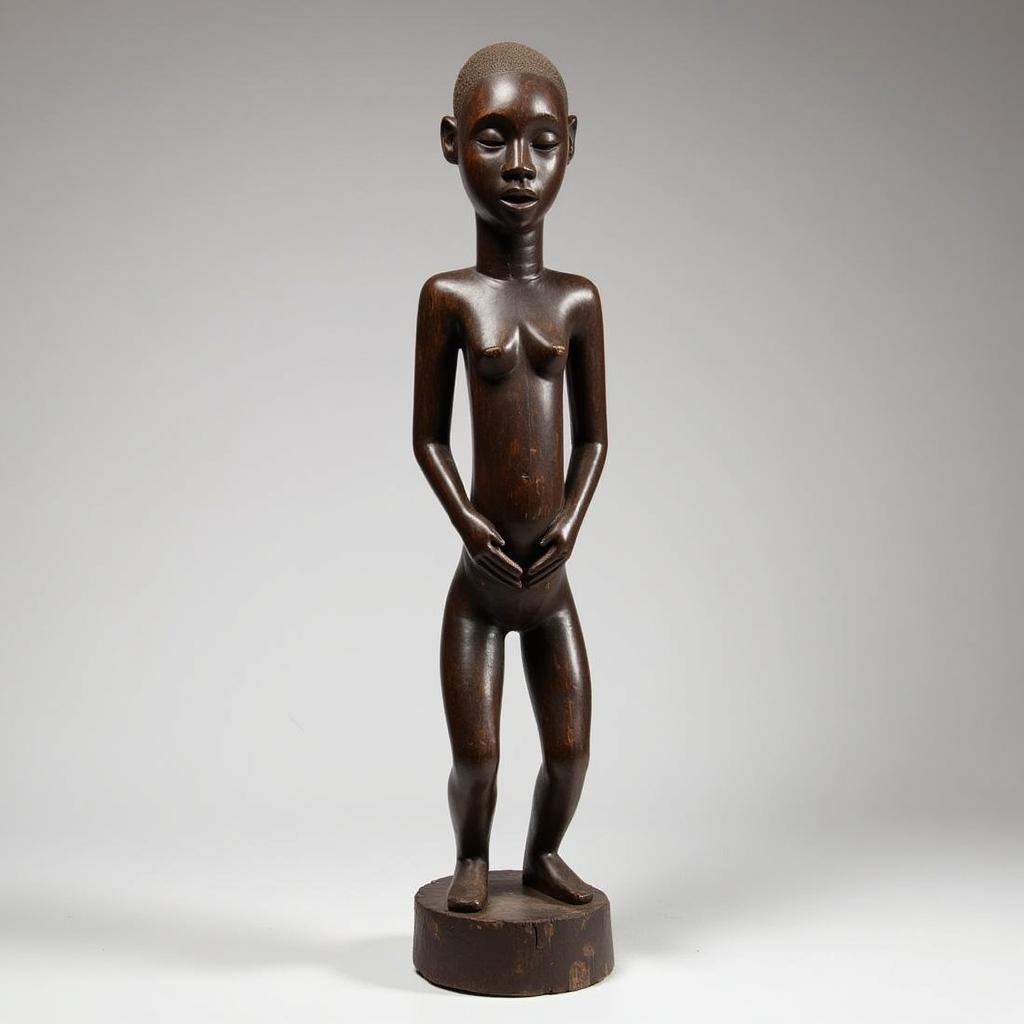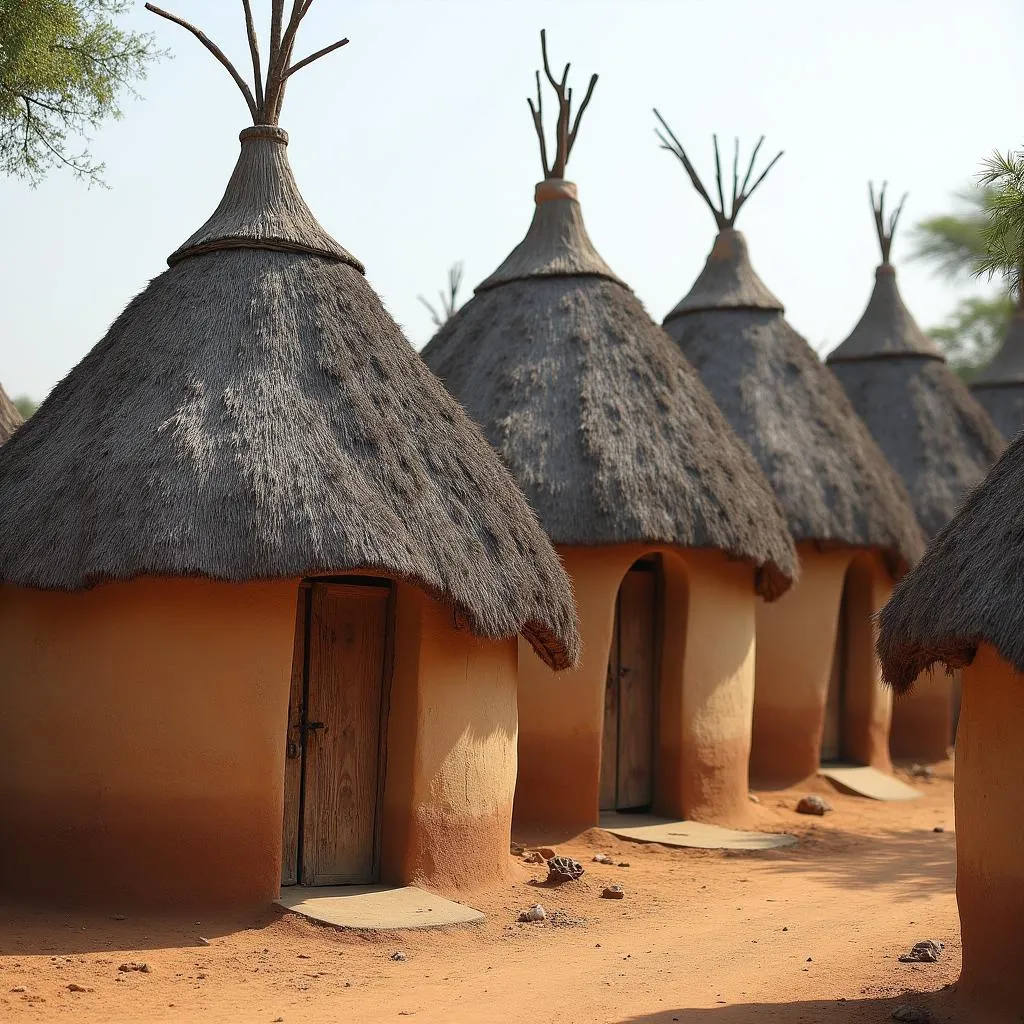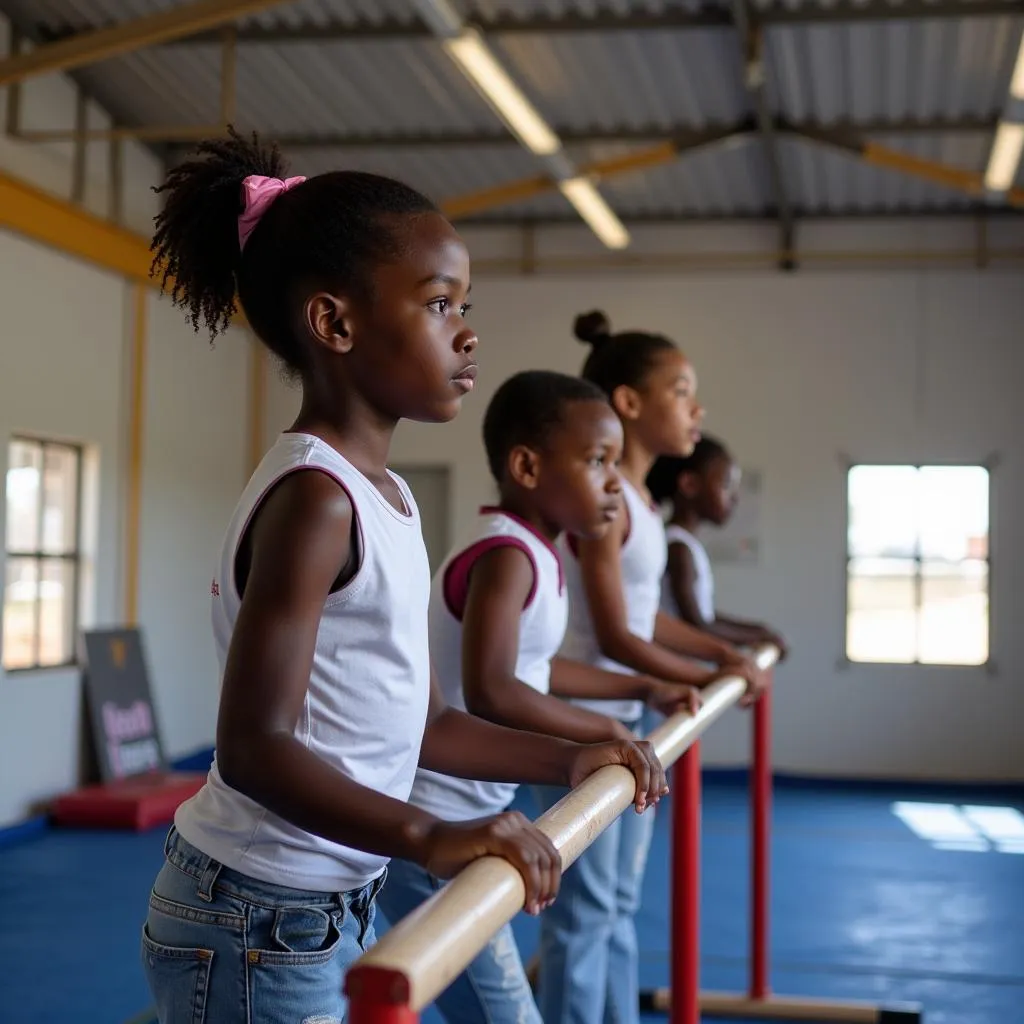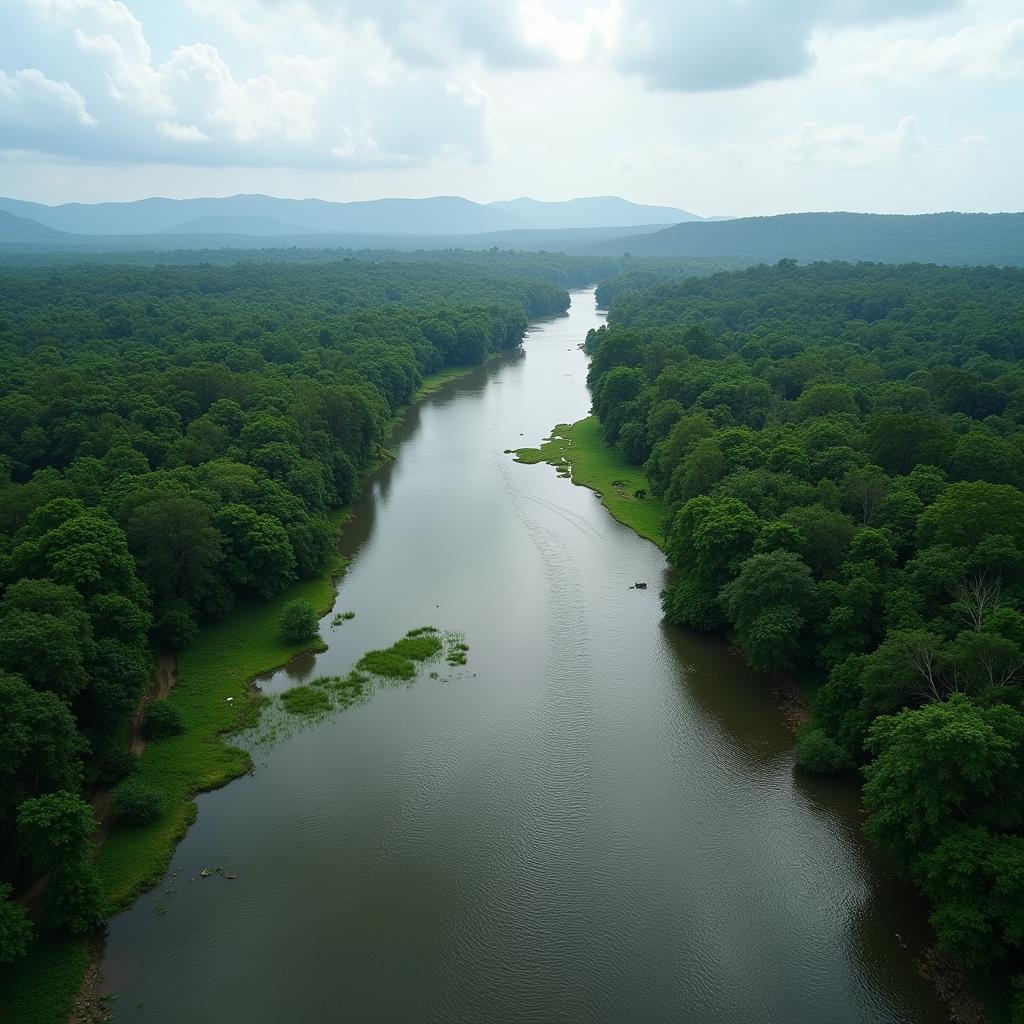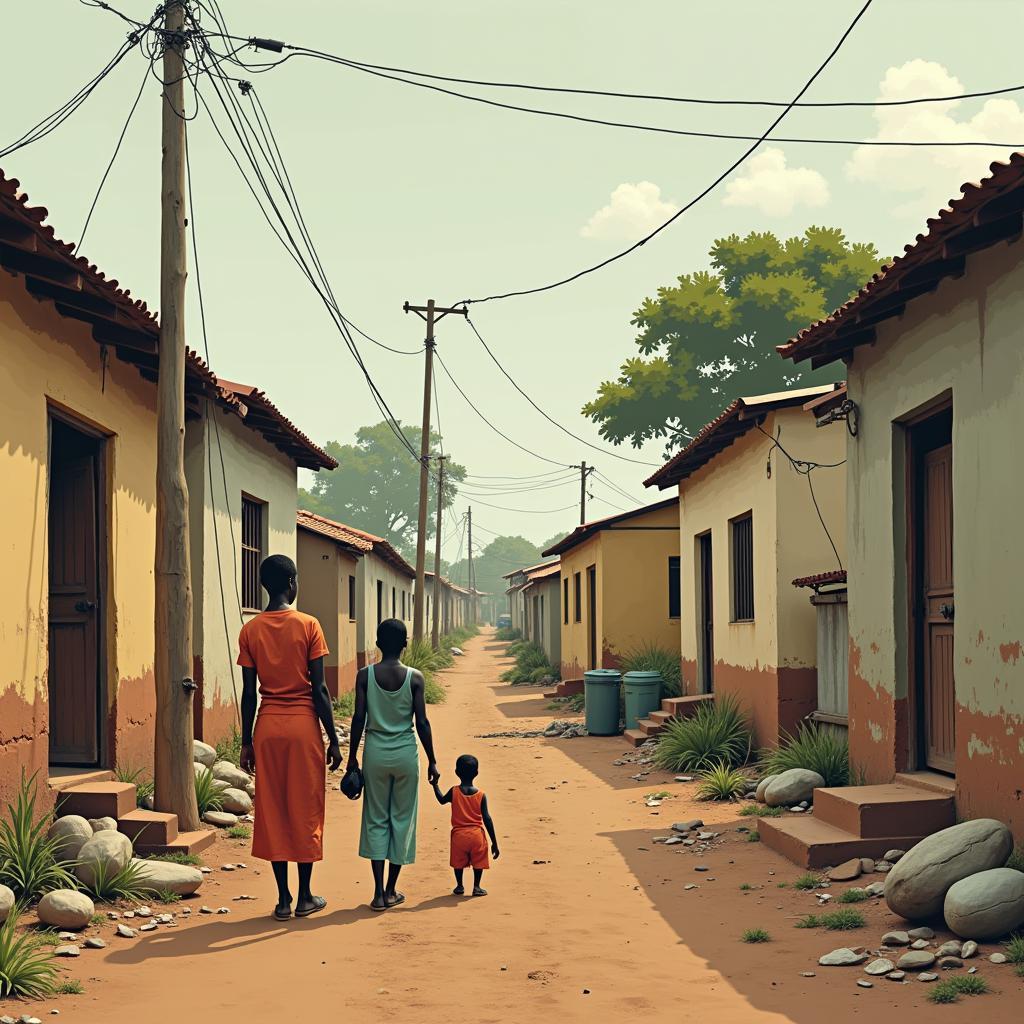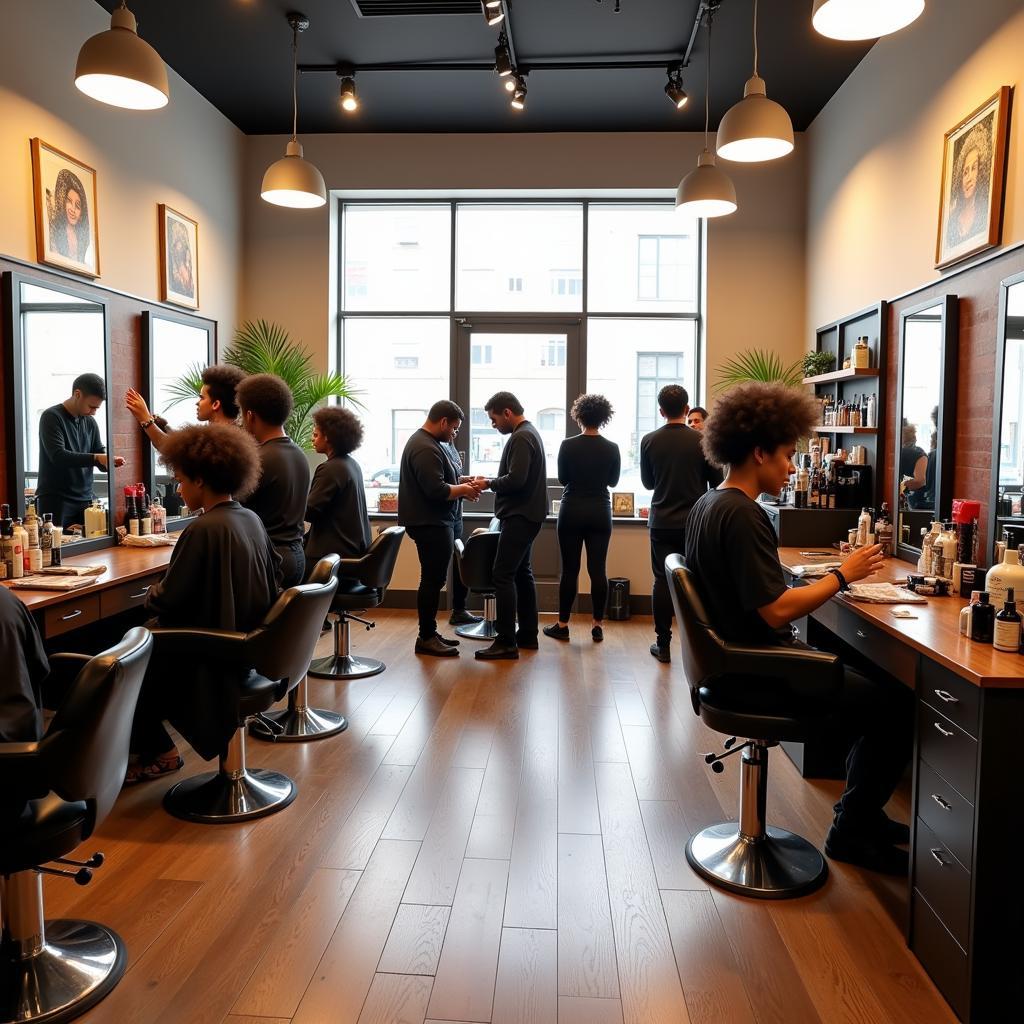Exploring the Diverse African Coffee Regions
Ethiopia: The Cradle of Coffee
Ethiopia, widely considered the birthplace of Arabica coffee, offers a vast array of coffee varieties and flavors. The country’s diverse topography, ranging from high-altitude mountains to lush valleys, contributes to the complexity and richness of its coffee beans. Ethiopian coffees are known for their bright acidity, floral aromas, and complex flavor profiles, ranging from citrusy and fruity to chocolatey and spicy. The Yirgacheffe region, known for its delicate floral and citrus notes, is a prime example of Ethiopia’s coffee excellence. Sidamo, another renowned region, produces coffee beans with a full body and rich, wine-like flavors. Harar coffee, with its distinctive mocha flavor and intense aroma, is also highly sought after by coffee aficionados worldwide.
Kenya: Home of Bold and Fruity Coffees
Kenya is renowned for its high-quality coffee, characterized by its bright acidity, full body, and complex fruity flavors. The country’s volcanic soils, high altitudes, and ideal growing conditions contribute to the distinctive characteristics of Kenyan coffee beans. Kenyan coffees are often described as having black currant, citrus, and berry notes, with a clean and vibrant finish. The country’s grading system, based on bean size and quality, ensures consistent quality and allows buyers to select beans according to their preferences.
Have you ever wondered where to find the best African Amethyst rough? Look no further than this website.
Rwanda: From Tragedy to Triumph in Coffee
Rwanda’s coffee industry has experienced remarkable growth and transformation in recent years, emerging as a significant player in the specialty coffee market. Following the tragic events of the 1994 genocide, coffee has played a vital role in the country’s economic recovery and social healing. Rwandan coffees are known for their bright acidity, complex fruit flavors, and clean cup. Many Rwandan coffees exhibit notes of citrus, red berries, and stone fruit, with a smooth and balanced finish. The country’s commitment to quality and sustainable farming practices has earned it recognition on the global coffee stage.
Where is the Best Coffee in Africa?
The “best” coffee in Africa is subjective and depends on individual preferences. Each region offers unique flavor profiles, from Ethiopia’s bright acidity and floral notes to Kenya’s bold and fruity characteristics and Rwanda’s complex fruit flavors. Exploring the diverse range of African coffees is an adventure in itself, allowing coffee lovers to discover their own personal favorites.
What makes African industries so fascinating? Discover more about African Industries.
What Makes African Coffee Unique?
Several factors contribute to the unique character of African coffee. The continent’s diverse climates, altitudes, and soil compositions create a wide range of flavor profiles. Traditional farming practices, often involving hand-picking and sun-drying, also play a crucial role in shaping the quality and character of African coffee beans. Furthermore, the genetic diversity of coffee plants in Africa, including heirloom varieties and wild coffee species, adds to the complexity and richness of the continent’s coffee offerings.
“African coffee is not just a beverage; it’s a story, a culture, and a way of life,” says Dr. Kofi Annan, a renowned coffee expert from Ghana. “Each cup tells a tale of the land, the people, and the traditions that have shaped its unique character.”
Conclusion
African coffee regions offer a treasure trove of unique flavors and aromas, reflecting the diverse landscapes and rich cultures of the continent. From the birthplace of coffee in Ethiopia to the volcanic slopes of Kenya and the revitalized coffee industry of Rwanda, African coffee beans continue to captivate coffee lovers worldwide. Exploring these diverse regions and their distinctive coffees is a rewarding experience, offering a glimpse into the heart and soul of African coffee culture. By supporting African coffee farmers and appreciating their exceptional brews, we contribute to the preservation of these unique coffee traditions and the sustainable development of the communities that cultivate them. If you are looking to book yourself a vacation at the best hill resort in Africa, be sure to check out the African Hill Resort.
FAQ
-
What are the main coffee-producing regions in Africa? Ethiopia, Kenya, Rwanda, Uganda, Tanzania, Burundi, and the Democratic Republic of Congo are among the major coffee-producing regions in Africa.
-
What type of coffee beans are grown in Africa? Arabica coffee is the predominant species grown in Africa, known for its superior quality and complex flavors.
-
What is the best African coffee? The “best” African coffee is subjective and depends on individual preferences. Ethiopia, Kenya, and Rwanda are often considered to produce some of the finest coffees in the world.
-
How is African coffee processed? African coffee is commonly processed using the washed or natural methods. The washed method involves removing the fruit pulp before drying, while the natural method involves drying the cherries whole.
-
What are the characteristics of Ethiopian coffee? Ethiopian coffees are known for their bright acidity, floral aromas, and complex flavor profiles, ranging from citrusy and fruity to chocolatey and spicy.
-
What are the characteristics of Kenyan coffee? Kenyan coffees are characterized by their bright acidity, full body, and complex fruity flavors, often exhibiting notes of black currant, citrus, and berry.
-
What are the characteristics of Rwandan coffee? Rwandan coffees are known for their bright acidity, complex fruit flavors, and clean cup, often exhibiting notes of citrus, red berries, and stone fruit.
Other Common Questions
- What is the history of coffee in Africa?
- What are the different coffee varieties grown in Africa?
- How does altitude affect the flavor of African coffee?
- What are sustainable coffee farming practices in Africa?
- What is the impact of coffee on African economies?
Consider also reading about African Earthworm for Vermicomposting.
For any further assistance, please contact us via Phone: +255768904061, Email: [email protected] or visit our office at Mbarali DC Mawindi, Kangaga, Tanzania. Our customer service team is available 24/7.
